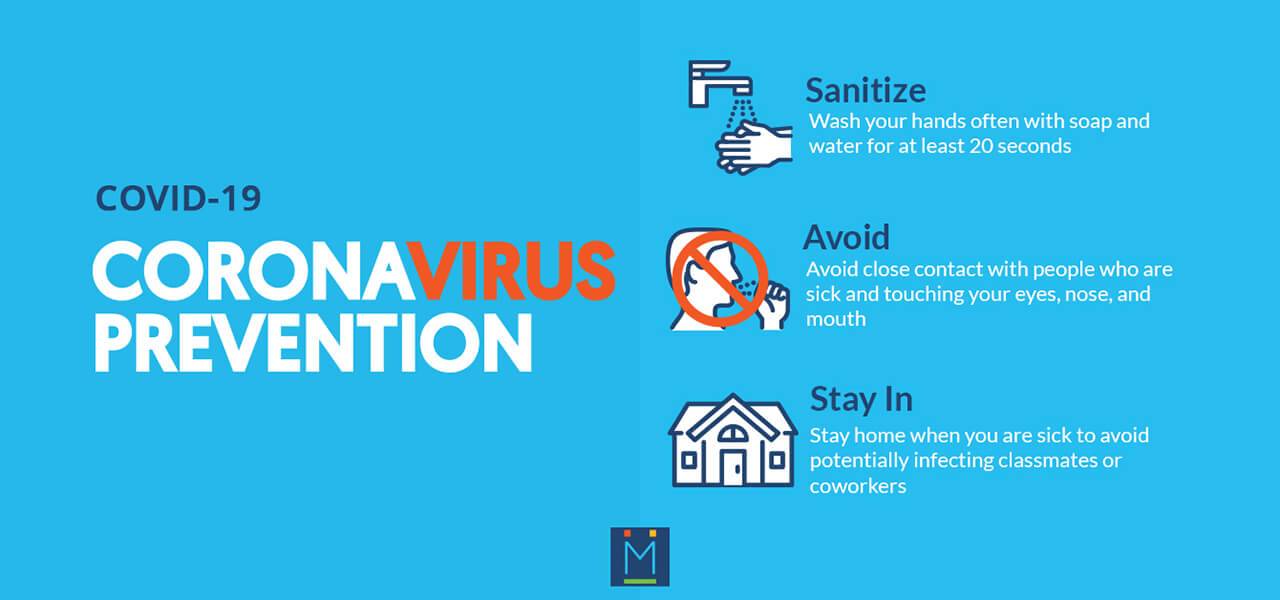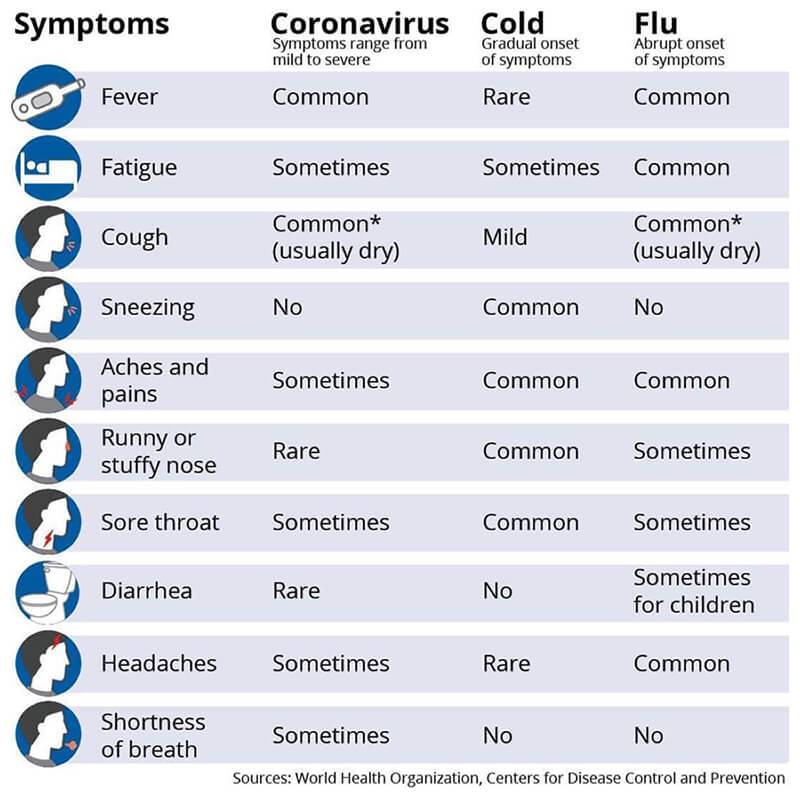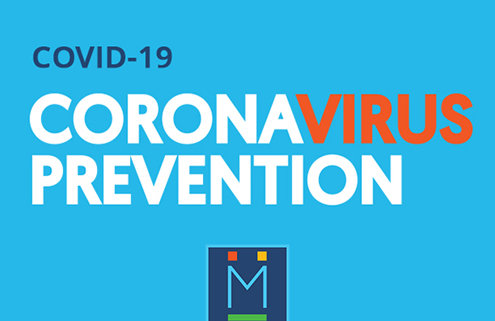COVID-19 – Coronavirus Prevention

M16 Marketing®’s Response to COVID-19
M16 Marketing® is committed to the health and safety of our employees and to the clients we serve. In response to concerns about the spread of COVID-19 Coronavirus, our Atlanta based team is working remotely to serve our clients in Atlanta, the United States and around the world.
Get the latest Atlanta Coronavirus news from the Atlanta Journal Constitution.
Digital marketing never sleeps. We are here and ready to assist you.
Who Is Most At Risk for Serious Health Issues with the Coronavirus?
As the coronavirus, or COVID-19, continues to spread all over the world since the World Health Organization (WHO) declared it a global pandemic, many people are concerned about the short- and long-term effects that the virus will have on them, particularly when the virus affects people we know in our own communities.
However, most healthy individuals will experience mild to moderate symptoms and be able to overcome the virus within several days, while a much smaller percentage are at risk for serious illness.

According to the WHO Coronavirus Symptoms may include:
- Runny nose
- Sore throat
- Cough
- Fever
- Pneumonia
- Difficulty breathing (severe cases)
Individuals Who Are Most At Risk of Serious Illness
According to the Atlanta Centers for Disease Control (CDC), based on information received from China where the virus broke out, certain people are developing serious health issues as a direct result of the coronavirus.
Generally, there are two groups who are most at risk of getting very sick with this virus. They include:
Older Adults
Individuals who are over the age of 60 are more likely to experience severe illness if they are infected with COVID-19, according to the WHO. However, the highest mortality rate is among people exceeding the age of 80, with about 15 percent of individuals aged 80 or over dying from the disease in an isolated set of Chinese patients.
Individuals with Chronic or Other Underlying Health Conditions
People who currently have underlying conditions such as diabetes, cancer, kidney disease, or high blood pressure are also at a higher risk of suffering from complications resulting from exposure to COVID-19.
Of those who contracted COVID-19, according to the WHO, around nine percent of people with diabetes and eight percent of those with high blood pressure died after contracting the virus.
What About Children and Healthy Adults?
Generally, if you don’t have any underlying conditions and aren’t an elderly adult, the risk of suffering from a severe illness from COVID-19 is minimal.
It’s still largely unclear why children are less at risk of developing serious illness from the disease, but some scientists speculate that their lungs are less susceptible to becoming infected or they possess stronger immune systems. However, they may still act as carriers and could pass the virus on to family or friends, which is why children should take the same precautions as adults in preventing the spread of the virus.
People who are still young and healthy and contract COVID-19 won’t likely become severely ill from the virus, either. Still, they should do what they can to avoid contracting the virus and prevent its spread.
What High-Risk Individuals and Others Should Do to Avoid COVID-19?
If you are at a higher risk of suffering from serious health issues in the event of contracting COVID-19, it’s important to take the necessary steps to avoid this disease. Even if you aren’t at risk, you could spread the infection to loved ones or others who might be at risk, in which case you should also take certain steps to avoid contracting and spreading the virus.
To help combat COVID-19, individuals can take the following steps, based on advice from the Centers for Disease Control and Prevention (CDC):
- Practice social distancing – Try to avoid large crowds when possible, including public transportation, or wash your hands frequently before and after coming into contact with other individuals or any surfaces that others may have touched.
- Wash your hands with soap and water – It’s important to wash your hands using antibacterial hand soap for around 20 seconds at least, which builds sufficient friction between molecules that can break COVID-19 down. If soap and water are unavailable, turn to alcohol-based hand sanitizer.
- Stock up on medication for underlying conditions – If you have a chronic or other underlying condition, it’s important to make sure you have the ability to treat it and minimize the risk of serious illness if you contract COVID-19.
- Self-quarantine and isolate if needed – If you fall ill, even if you aren’t sure that you have contracted COVID-19, you should avoid coming into contact with any healthy individuals, including loved ones and roommates. Self-quarantine will last for around 14 days, or two weeks following infection, after which it should be safe to come into contact with other people.
By taking these precautions, you can remain safe and keep others safe as well. Whether you’re an individual who’s at low or high risk, COVID-19 is a serious virus, so it’s necessary to respect the welfare of others and do what you can to minimize the risk of infection and the virus’s spread in your community.










